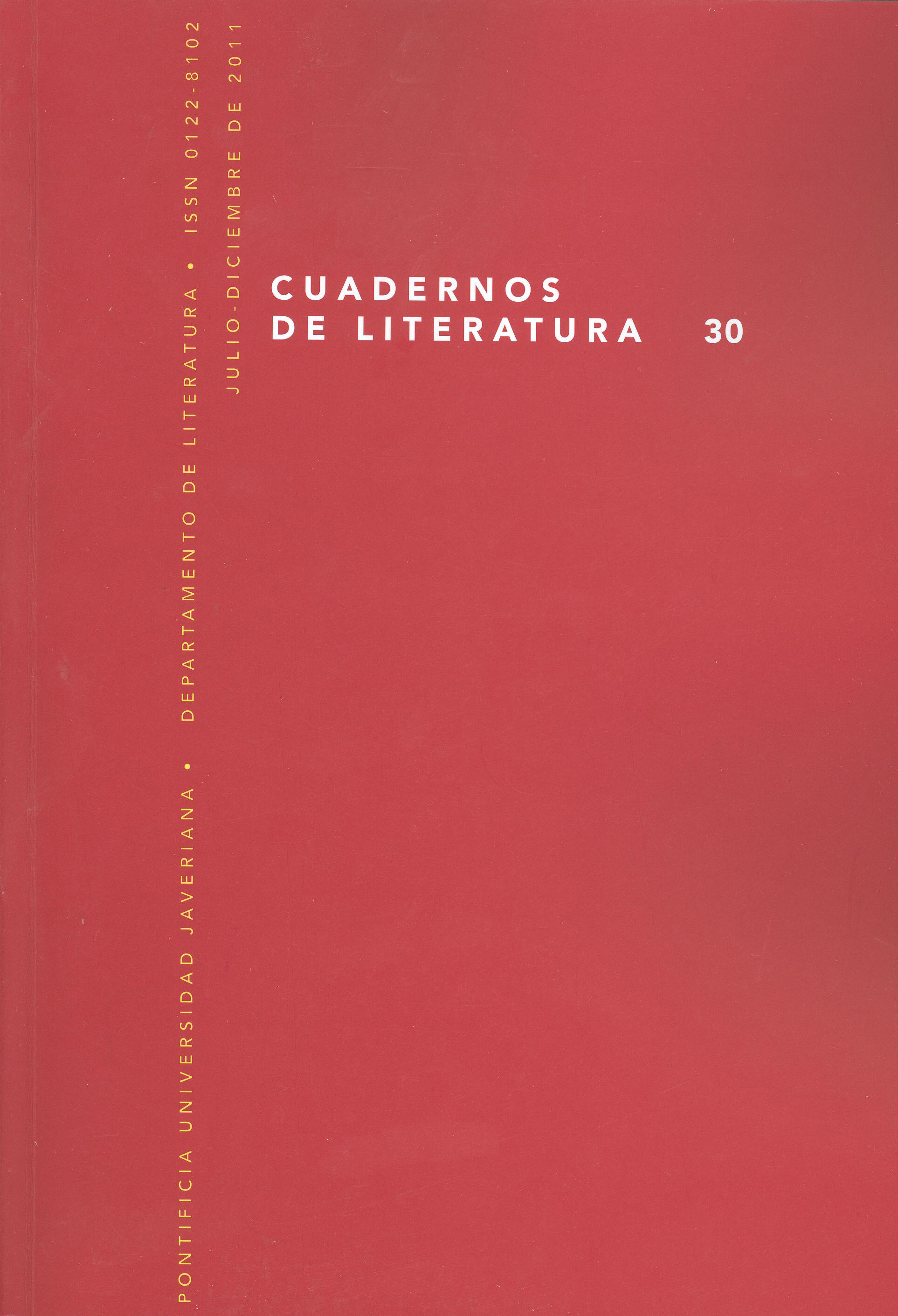Abstract
La literatura del Caribe anglófono se ha forjado una identidad propia mediante el reconocimiento internacional a autores como los premios Nobel Derek Walcott (Santa Lucía) y V. S. Naipaul (Trinidad y Tobago), entre otros. El perfil de la producción cinematográfica de la región, sin embargo, es más modesto, aunque el cine ha sido un eje fundamental de la cultura del Caribe, donde el papel de Hollywood como “fábrica de sueños” ha dejado una huella indeleble en las formas expresivas de varias generaciones. El cine hace aparición en la literatura de la región con extraordinaria frecuencia; a su vez, el cine autóctono se sirve tanto del otro cine, el hollywoodense, como de la propia literatura de la región mediante adaptaciones. En este ensayo exploramos la influencia mutua entre cine y literatura y su relevancia para el desarrollo identitario del Caribe angloparlante.Cuadernos de Literatura is registered under a Creative Commons Attribution 4.0 International Public License. Thus, this work may be reproduced, distributed, and publicly shared in digital format, as long as the names of the authors and Pontificia Universidad Javeriana are acknowledged. Others are allowed to quote, adapt, transform, auto-archive, republish, and create based on this material, for any purpose (even commercial ones), provided the authorship is duly acknowledged, a link to the original work is provided, and it is specified if changes have been made. Pontificia Universidad Javeriana does not hold the rights of published works and the authors are solely responsible for the contents of their works; they keep the moral, intellectual, privacy, and publicity rights.
Approving the intervention of the work (review, copy-editing, translation, layout) and the following outreach, are granted through an use license and not through an assignment of rights. This means the journal and Pontificia Universidad Javeriana cannot be held responsible for any ethical malpractice by the authors. As a consequence of the protection granted by the use license, the journal is not required to publish recantations or modify information already published, unless the errata stems from the editorial management process. Publishing contents in this journal does not generate royalties for contributors.


